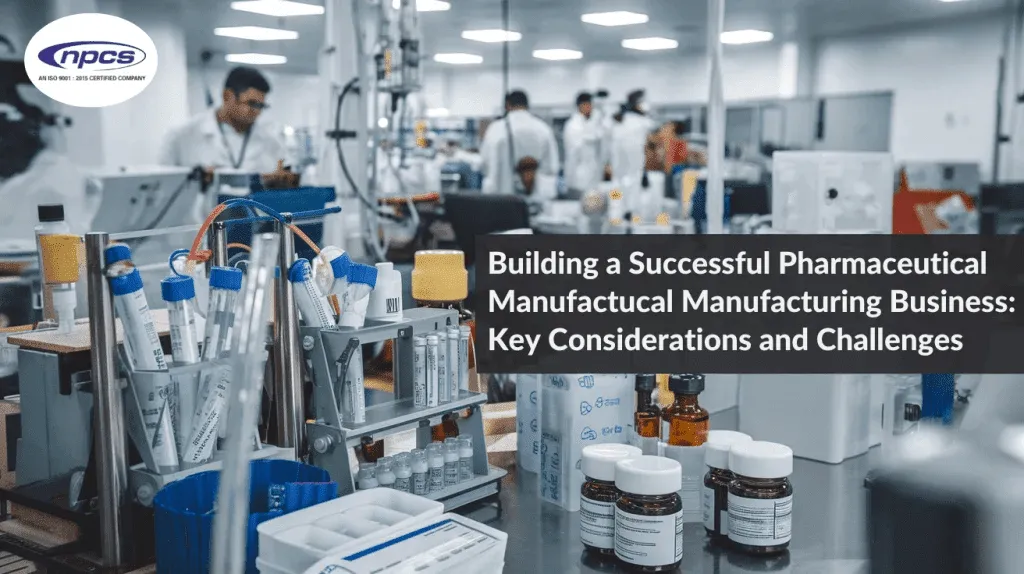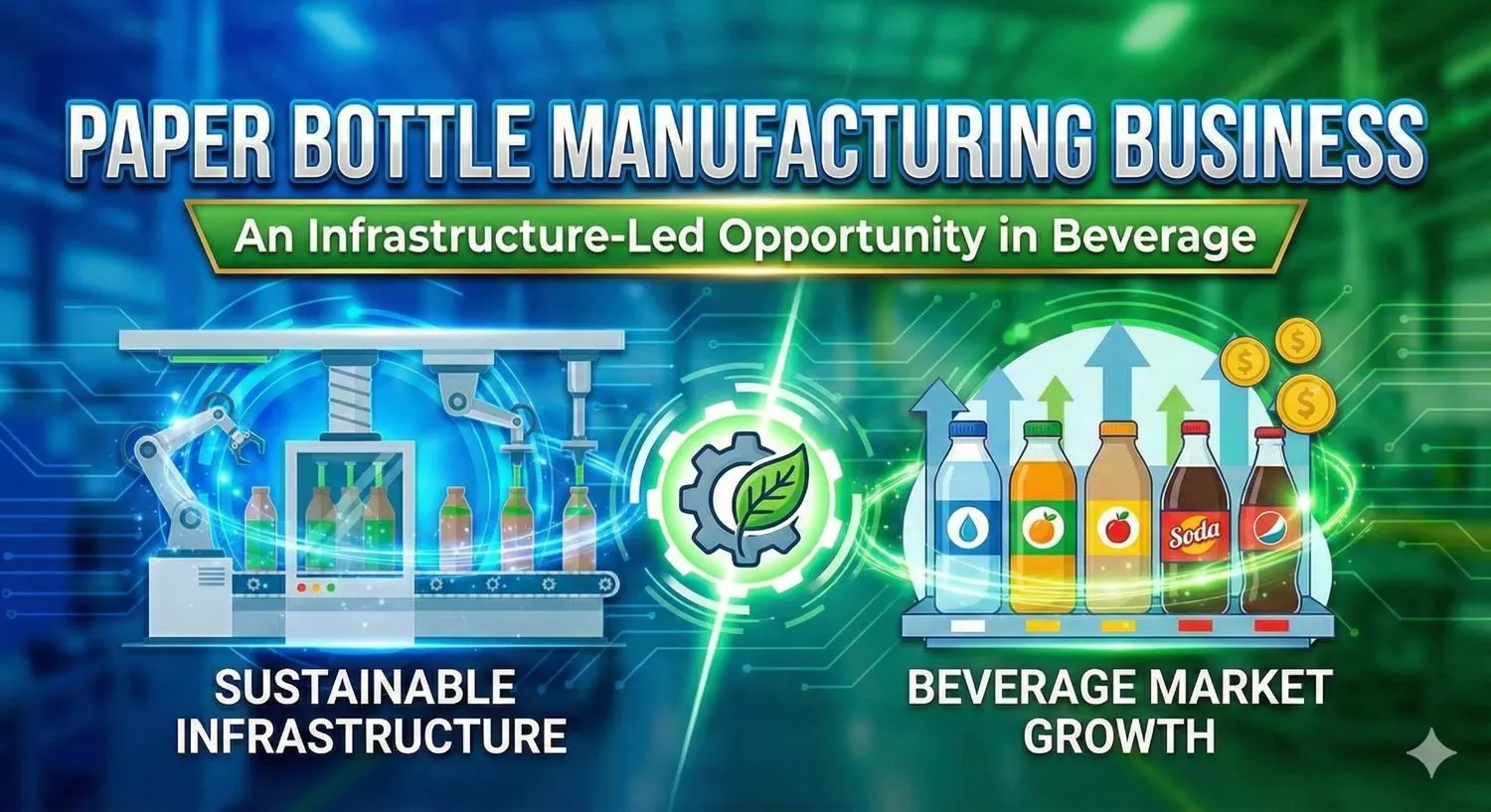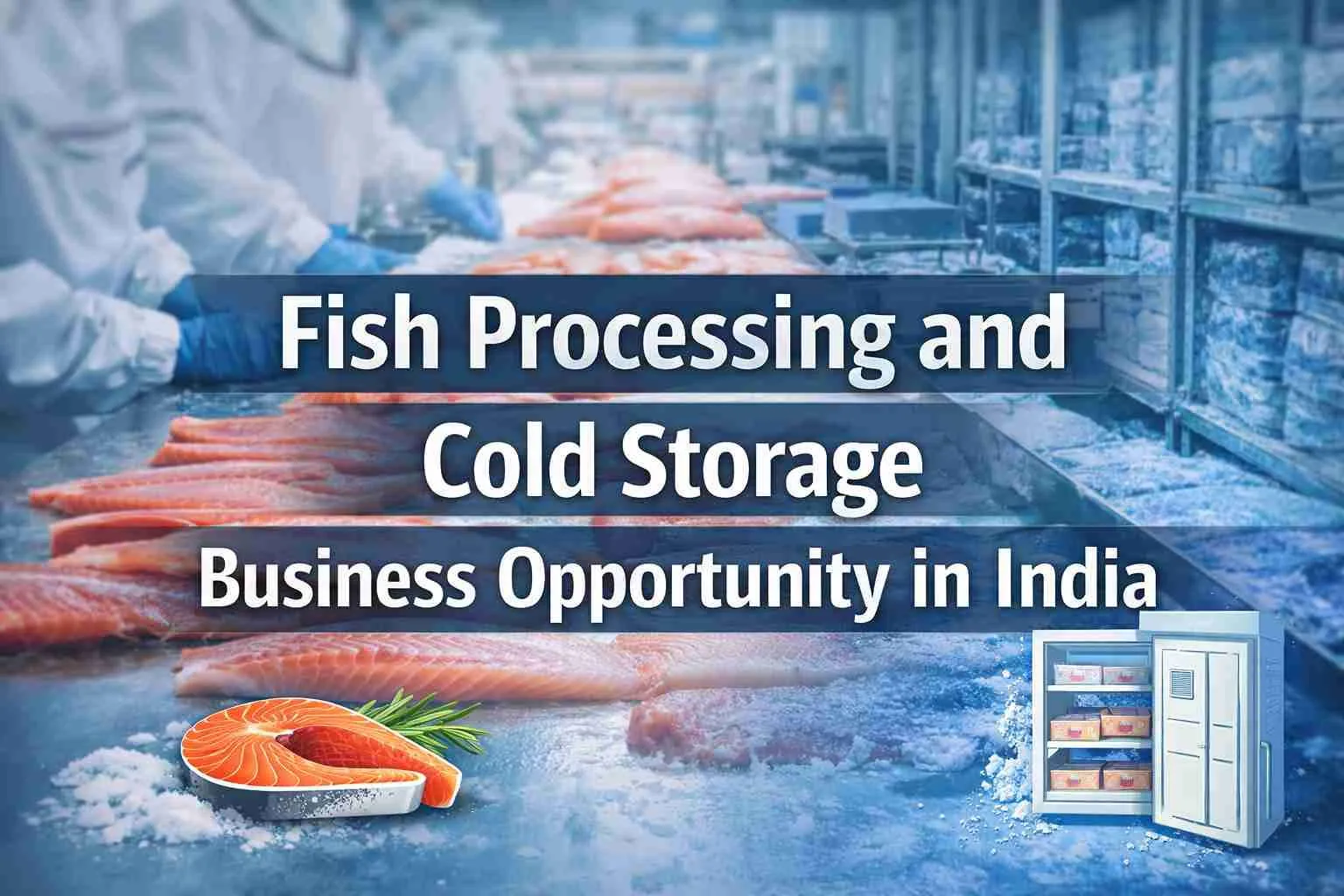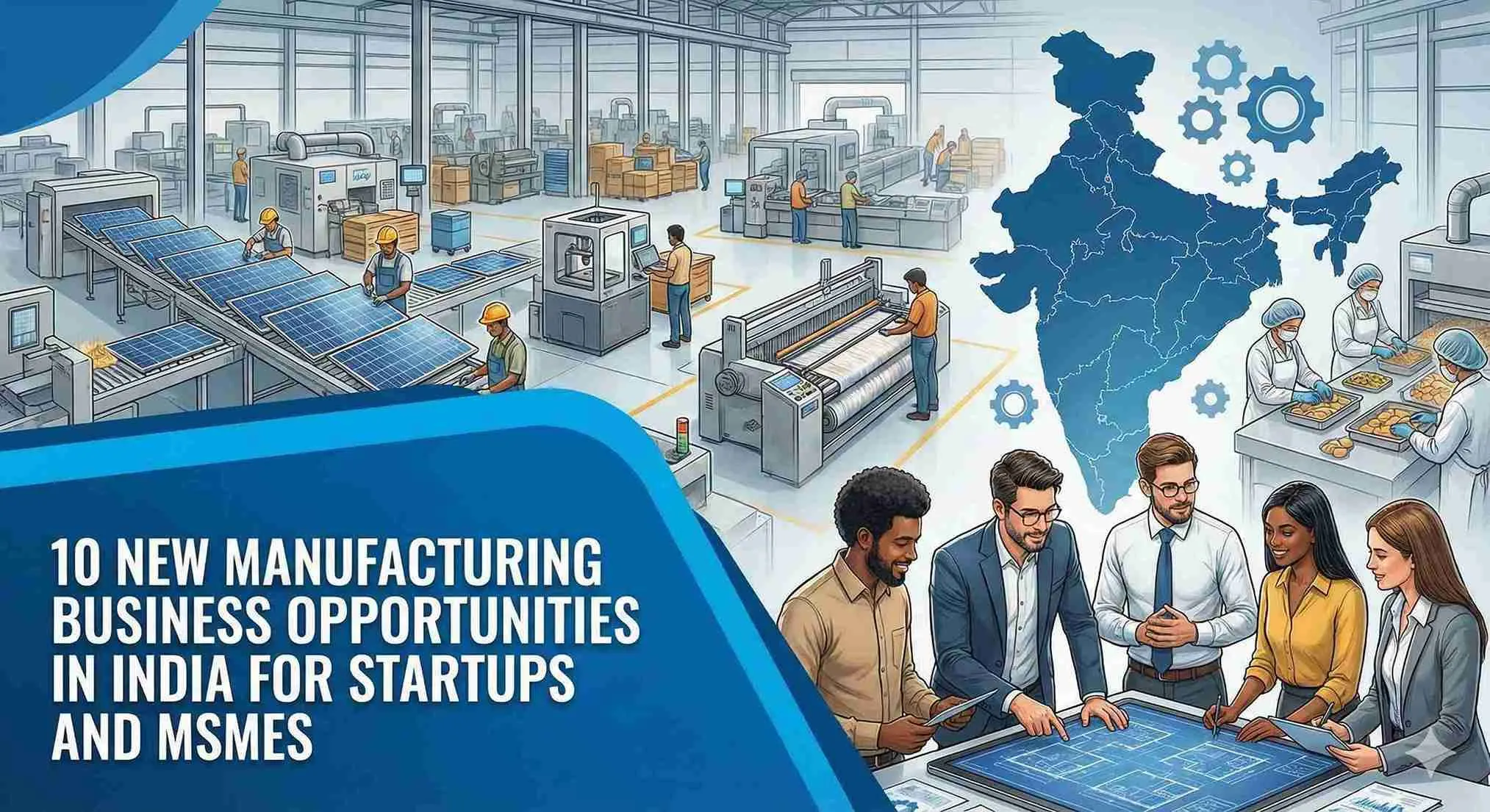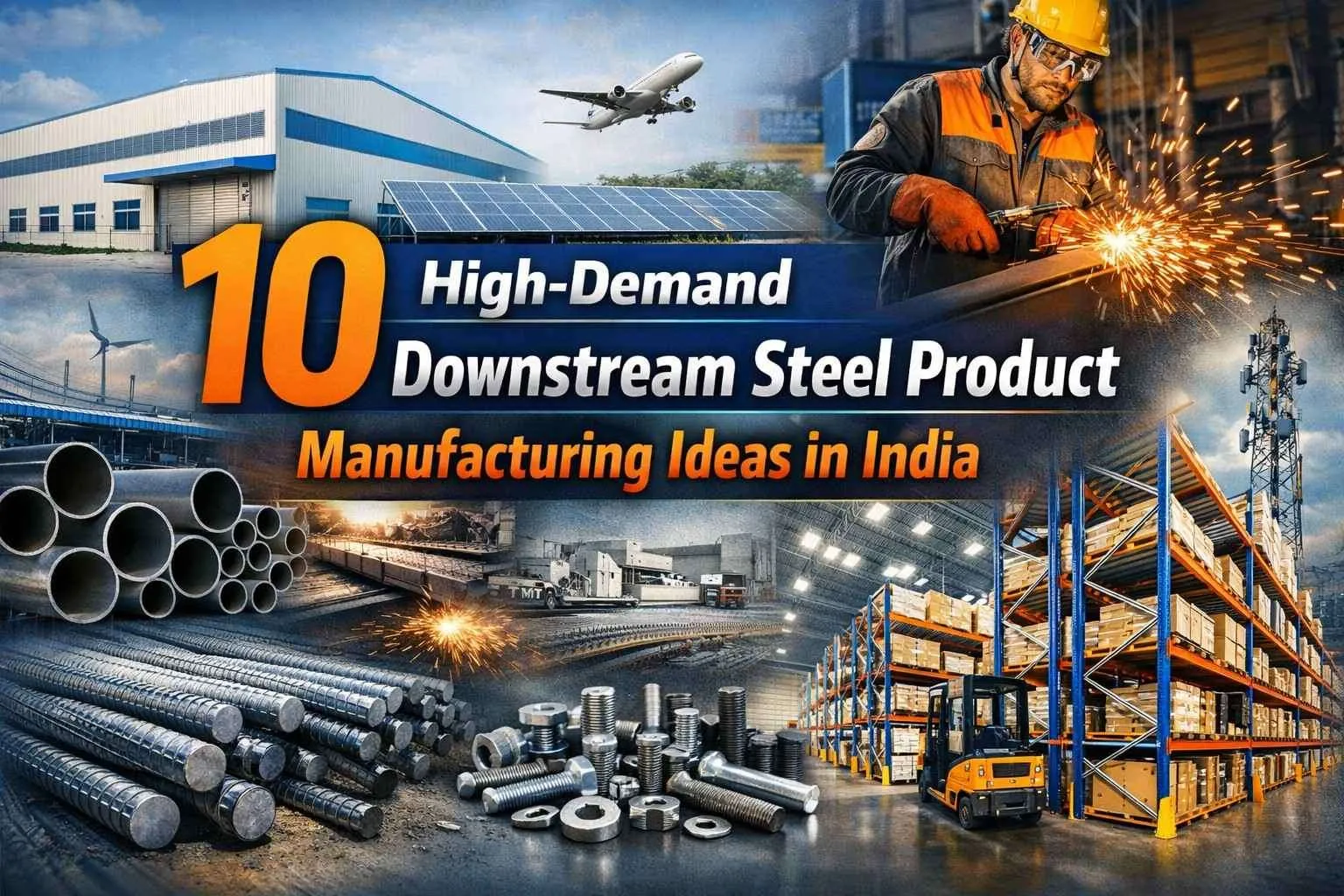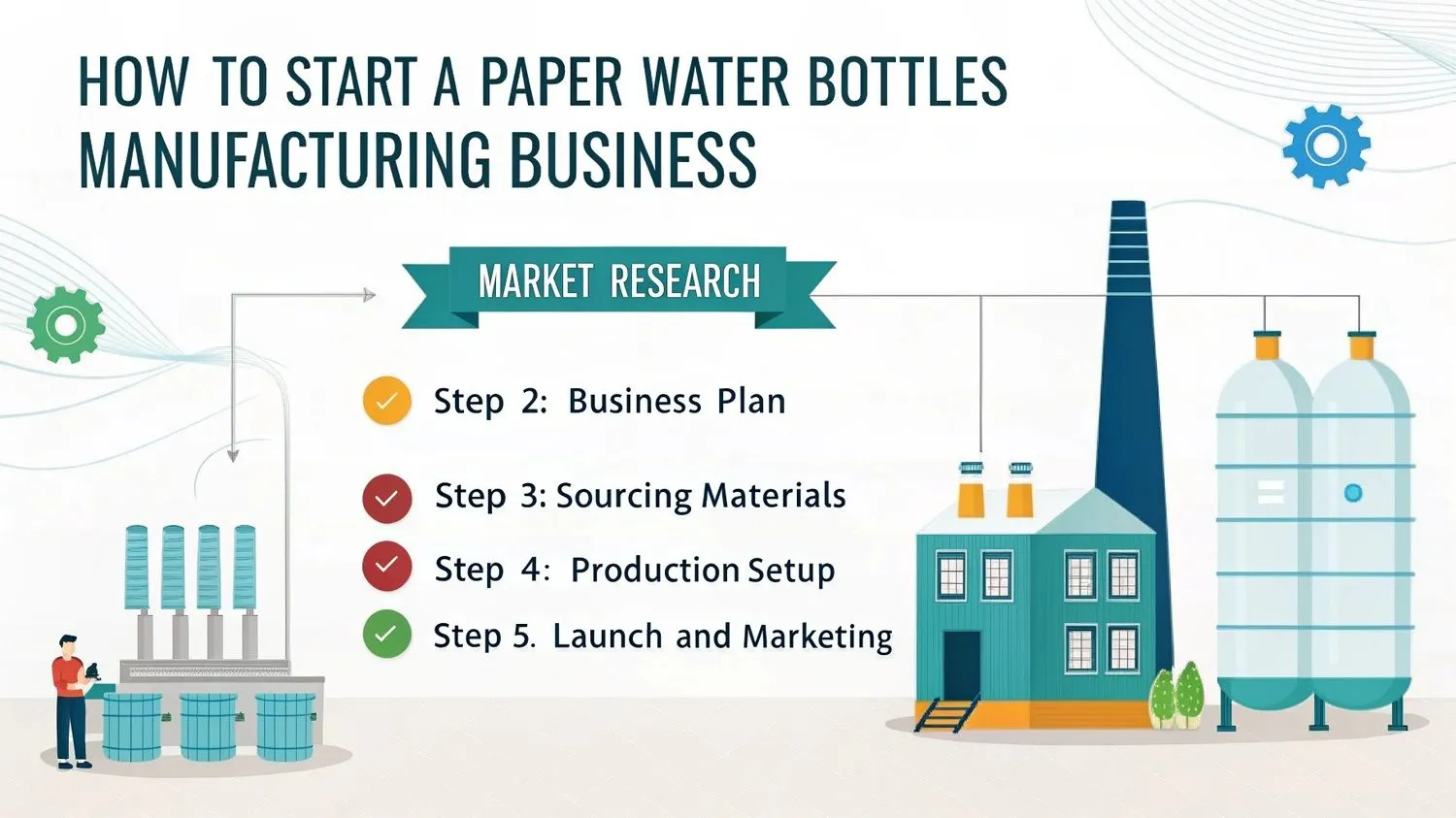Global healthcare depends on pharmaceutical manufacturing industry. But the fast growth of pharmaceutical demand means now is the time to enter the pharmaceutical manufacturing space. Despite this, building a successful pharmaceutical manufacturing business can be a challenging affair; it requires overcoming regulatory compliance, addressing challenges posed by the manufacturing and supply chain, and also coping with the challenge of technology adoption.
This blog touches on the most important things to think of and issues that you may encounter if you are a pharmaceutical manufacturing entrepreneur to build a good business, looking at pharma manufacturing complication with their ideas by way of third party pharma companies and the coming industry trends that are going to affect the future.
Contents
- 0.1 Pharmaceutical Manufacturing The Basics
- 0.2 Industry Standards, Regulatory Compliance
- 0.3 Technology has Applications in Pharmaceutical Manufacturing
- 0.4 Raw Material sourcing and Supply Chain Management
- 0.5 Quality Control and Assurance
- 0.6 Financial Planning and Investment Strategy.
- 0.7 Marketing and Distribution
- 0.8 Challenges overcome in Pharmaceutical Manufacture
- 1 Frequently Asked Question
Pharmaceutical Manufacturing The Basics
Manufacturing of pharmaceutical drugs is a process encompassing the entire drug development cycle from inception of various stages in research and development (R&D), sourcing of raw material, production and packaging. Chemical, biological and mechanical processes combine to make high quality, safe, and effective medicines.
As an entrepreneur looking to dabble in the pharma manufacturing business, there are certain things to know, and the first one is the know the intricacies of pharma manufacturing. The manufacturing of pharmaceuticals needs to be started after an in depth understanding of technology, regulatory environment, supply chain logistics and customer want.
Industry Standards, Regulatory Compliance
Compliance to regulatory standard is indeed one of the biggest challenges in pharmaceutical manufacturing. Stringent standards for drugs production, quality control and distribution are imposed on drug production by agencies such as World Health Organization (WHO), European Medicines Agency (EMA) and the U.S. Food and Drug Administration (FDA).
As successful operators in the pharmaceutical industry, manufacturers must be complying with Good Manufacturing Practices (GMP) which include quality management, equipment control, hygiene standards and personnel training. If you don’t comply with these regulations, manufacturers are failing to make their products safely and can be recalled, fined, or business can go out of business.
This is very important for entrepreneurs to know about these compliance requirements. Third party manufacturing pharma companies are compliant with GMP and have the required certifications, many new companies partner with these companies saving the risk of non compliance.
Technology has Applications in Pharmaceutical Manufacturing
The success of any pharma manufacturing business is ultimately dependent on advances in technology. Today Pha rmaceutical production consists of many elements of automation, artificial intelligence (AI), data analytics, and a definite need for each in order to remain up to date. Technologies such as these are useful to increase efficiency, lower errors and optimize supply chain management.
One example of automation is to channel tasks which are repetitive such as packaging and labeling so companies can concentrate on more complicated production work. More and more, AI-powered systems are being used to perform quality control, identifying potential defects or inconsistency in the production process that would otherwise fail to be detected.
Investment in the right technology for small business entry to the pharmaceutical manufacturing industry is critical towards enhancing its productivity and competitive edge. Leveraging the expertise of third party manufacturing pharma companies that have already invested in very modern infrastructure to save their own costs can also enable businesses to scale more rapidly without a major upfront investment in infrastructure.
Read Our Books
Raw Material sourcing and Supply Chain Management
Another very important factor for developing a successful pharmaceutical manufacturing business is effective supply chain management. However, the pharmaceutical supply chain has all these stages: sourcing of raw materials, production, packaging, and distribution. And each of these stages must be controlled with an efficiency that guarantees that consumers get the end product on time and in good condition.
They also need to have good working relationships with their suppliers of raw material, distributors and packaging companies. Or, in a number of cases, partnering with a third party manufacturing pharma company that has an existing supplier network could make the sourcing of good raw materials and consistent production scheduling much less burdensome.
On top of that, international supply chain have become more complex because of the advance of global trade. Managing an international supply chain is quite challenging because different regulatory standards and geopolitical factors exist. This is why entrepreneurs need to create supply chain that is resilient to the kind of disruptions like natural disasters, trade disputes to mention but a few, even pandemic such as COVID -19.
Also Read
- How to Start Manufacturing Business of Blood Collection Tubes (Vacutainer)
- How to Get In On the Booming Business of Active Pharmaceutical Ingredients (API)
Quality Control and Assurance
In pharmaceutical manufacturing high quality standards are a must for the safety as well as the efficacy of the product. Quality control (QC), and quality assurance (QA), are key parts of a pharmaceutical company’s procedures. These processes ensure that all drugs made each batch meet safety, potency, purity standards.
From the first of production, a robust QC and QA system should be set up. For entrepreneurs, it requires the commitment to purchase quality testing equipment, publish proper documentation protocols and also find time to train staff to follow industry standards. If the owning company cannot afford its own in-house quality control department, then third party, but with in-built quality control procedures, makes a viable choice.
Financial Planning and Investment Strategy.
Starting a pharmaceutical manufacturing business is a financial investment. They can be high right from the beginning to get the licenses and certifications that you need, to build the production facility, to hire the trained people. Startups dont just happen; entrepreneurs have to plan for startup costs, operational expenses, and even expected revenue.
Funding an entire pharmaceutical manufacturing facility can be quite a challenge for small businesses. The reason is that in such cases, businesses can avoid paying the expensive cost of creating their own production lines by working with third party manufacturers pharma. One way entrepreneurs can have lower financial risk while producting while also getting products into the market is to partner with established manufacturers.
In order to further decrease risk entrepreneurs should think about other means of funding, like venture capital, government grants or private investors who focus on pharmaceutical startups. Potential investors can get to know the current trends and demands in the pharmaceutical industry by means of a market research report.
Our Project Reports
Marketing and Distribution
Despite the fact that you have a high quality product, the success of the pharma manufacturing company lies in the use of effective marketing and distribution strategies. A successful business model means understanding target markets, getting a brand out in the world, and knowing the right distribution channels.
Distribution is a particular challenge for many small businesses. New entrepreneurs can partner with third party manufacturing pharma companies with already established distribution networks to set foot in the market quickly. Digital marketing and social media platforms, offer small business an affordable way to spread the reach to a broader audience and group to help promote the brand.
Challenges overcome in Pharmaceutical Manufacture
The opportunities are very large in pharmaceutical manufacturing, but entrepreneurs are going to have to overcome several challenges. Challenges include growing costs for production, the issues around dealing with the supply chain, the regulatory environment, and quality assurance.
But being adapted and resilient is a key requirement for entrepreneurs to succeed in this competitive industry. It could mean constantly reinvesting in technology, optimize operations, and remain up to date around the world trends in the field. Some of these challenges can be mitigat a little with regular reviewing of market research reports and collaborating with veteran practitioners.
Also Read:
Conclusion
While building a pharmaceutical manufacturing business isnt easy, it is doable and with proper planning and strategic partnerships, entrepreneurs can achieve long term success. And hence, there are certain important factors to take care of such as Regulatory compliance, quality control, supply chain management, financial planning etc, to circumnavigate the difficulties of the pharmaceutical industry.
If you are an entrepreneur trying to get into the pharmaceutical sector, work with third party manufacturing pharma company that have previous experience working on manufacturing pharma enterprises so that they can help alleviate risk and provide valuable expertise and resources.
Contact Us
Frequently Asked Question
What are the key steps to start a pharmaceutical manufacturing business?
You should begin with detailed market research and product selection, secure required approvals and licences (like GMP compliance), set up manufacturing infrastructure, put in place strict quality-control systems, and establish supply chains for raw materials and distribution.
What regulatory compliance must a pharmaceutical manufacturer follow?
Compliance with Good Manufacturing Practices (GMP), proper documentation, batch testing, and alignment with national drug authorities’ standards are essential to ensure safety and legality in domestic and export markets.
Why is quality control crucial in pharmaceutical manufacturing?
Quality control ensures that drugs are safe, effective, and consistent across batches. It typically uses advanced testing like HPLC and GC to check purity, toxicity, and contamination before products are approved for sale.
How can entrepreneurs manage costs in pharmaceutical manufacturing?
Entrepreneurs can reduce costs by starting with niche products, partnering with third-party manufacturers, investing in automation, and optimizing supply chains rather than building full-scale facilities from scratch.

